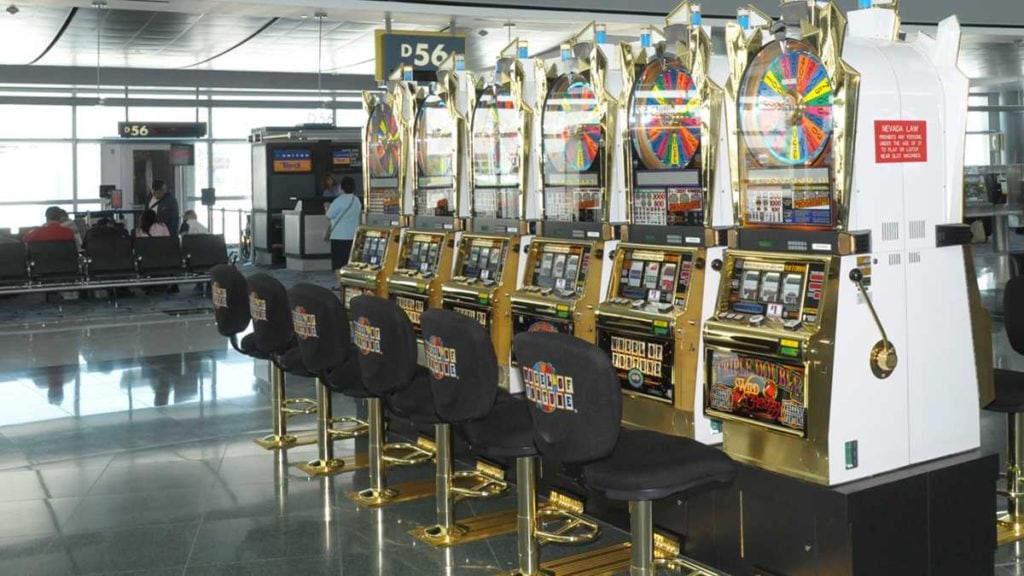Air Travel and Gambling: Are the Cards Stacked Against This Pair?
Share

APEX Insight: Just as there are compelling factors holding back the long-promised advent of in-flight gambling, circumstances are bringing games of chance closer to the departure gate.
With slot machines located in its departure lounges and near baggage claim, Las Vegas’ McCarran International Airport has set the standard for pairing air travel with gambling. Now the airport is remodeling Terminal 1, and doubling up on the gaming motif along the way. But Vegas is only the tip of the iceberg: Korea’s Incheon International Airport is hoping to bring in some money as well by betting huge on a $4.6-billion casino and shopping mall project that’s scheduled for completion as early as 2019.
Casinos in the Sky?
Back in 1981, Singapore Airlines installed slot machines on board its Singapore-San Francisco route, but that experiment was ill-fated and short-lived. Fifteen years later, SwissAir, in conjunction with Las Vegas-based Interactive Flight Technologies, installed an IFE system with a screen-based gambling feature on its long-haul jets. When SwissAir Flight 111 crashed in 1998, investigators found a correlation with the IFE system, and SwissAir abandoned that configuration.
A decade later, Airbus was approached by several investors hoping to build a flying casino, but the project was never realized – perhaps getting buried in international government regulation as well as the fallout of the financial crisis that struck around the same time. Virgin and Ryanair have since floated the idea of in-flight casinos, but neither has brought the idea to fruition.
Even if an airline could thread the needle between the gambling laws of the countries over which it flies, any flight over the US would mean all bets are off. US federal law stipulates that in-flight gambling is illegal in American airspace: “An air carrier or foreign air carrier may not install, transport, or operate, or permit the use of, any gambling device on board an aircraft in foreign air transportation.”
“An air carrier or foreign air carrier may not install, transport, or operate, or permit the use of, any gambling device on board an aircraft in foreign air transportation.” €” US Federal Law
Then there’s the obstacle of onboard space. Freeing up a corner of the cabin for a casino-style lounge means less room for seating, which is suboptimal in an industry with such thin margins. Meanwhile, physical gaming spaces are becoming increasingly irrelevant in the era of smartphones and tablets. Internet gambling is nothing new, but slicker user interfaces and better network technology make the experience more seamless.
Wherever, Whenever
Today’s developers are targeting the smartphone platform as the place for gaming. The state of Pennsylvania recently passed legislation that paves the way for gambling in its airports, but perhaps the most noteworthy element of that legislation was the legalization of app-based wagering. Players of legal gambling age can play on the go within Pennsylvania state lines, while it’s up to the game provider to verify age and location. But, how on-the-ball an app developer is regarding geo-location is a question all its own; Pokémon GO, for example, was all the rage in Canada a week before the app officially launched there.
Technology and shifts in legal attitudes have changed how travelers place their bets, but obstacles remain. While some airports enable gambling, passengers’ ability to make wagers mid flight remains an object of speculation.


